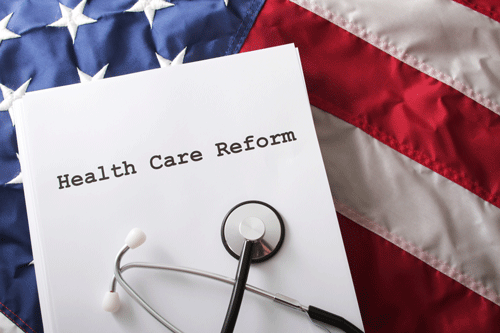Seniors: Pay attention to these health care changes
 Millions of older Americans may face significant financial constraints after President Trump signed an executive order announcing two major changes to the Affordable Care Act last week.
Millions of older Americans may face significant financial constraints after President Trump signed an executive order announcing two major changes to the Affordable Care Act last week.The first change would eliminate subsidies that make health insurance more affordable for lower-income Americans. Without subsidies, the Congressional Budget Office estimates premiums for individuals buying popular ACA plans will increase 20 percent next year and 25 percent by 2020.
Trump’s executive order would also encourage small businesses to form so-called association health plans with bare-minimum benefits for the sick and vulnerable. If exempt from ACA rules, these plans will create higher premiums for seniors and those with preexisting health conditions. The plans also may be exempt from the ACA’s requirement to offer essential health coverage for services such as emergency room care and mental health.
If the young and healthy choose association plans, more sick, unhealthy people will be left in the ACA marketplace, which would drive up costs.
Insurance premiums are set for 2018. But since most insurers expected the subsidy removal, they already created significantly higher rates for the coming year.
Questions still remain about whether the president’s administration has the legal authority to enact these decisions. About 20 state attorneys general plan to challenge the subsidy executive order in court.
This week, senators working on a bipartisan health care bill say they have a way to restore subsidy funding to insurers, but it’s uncertain whether this will pass. Trump has been sending mixed messages about his support for the bipartisan bill.
Please continue to follow us here and on social media for our perspective on this and other elder care issues. You can also listen to us every other Monday on NewClevelandRadio.net during our Senior Moments conversations with a variety of local guest speakers.
Bradley L. Greene, Esq. is a Life Care Planning and Elder Law firm located in Beachwood, OH specializing in Estate Planning, Medicaid Planning and Elder Abuse – offering personalized support and family guidance through all of life’s transitions. Contact us by phone at 216-575-5200 or visit us online here.



